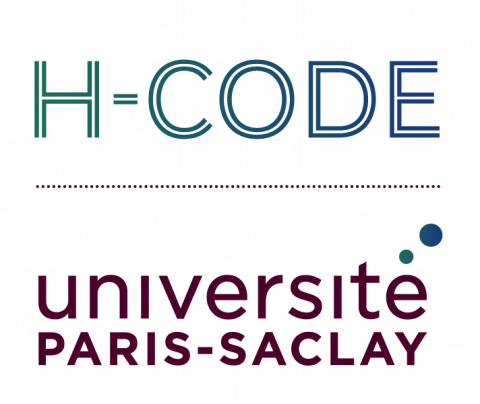
H-CODE

H-CODE (Human in the loop for control and decision) is an Interdisciplinary Object that aims at bringing together different communities of researchers and engineers of Paris-Saclay which manipulate in their work concepts from the theory of control and decision at different scales (cell, individual and social) with a major emphasis on modeling approaches rather than pure data-driven strategies.
H-CODE is linked to several Graduate Schools : Engineering and Systems Sciences ; Computer Science ; Mathematics ; Life Sciences and Health ; Economics & Management and Sport, Movement, Human factors.
Coordinator : Antoine Chaillet
[Eco] Behavioural economics
Head: François Pannequin
Since human rationality is not perfect and cognitive abilities are limited, it is necessary to understand the real mechanisms of decision-making and the influence of heuristics, updated by psychologists, on economic behaviour. This challenge follows this scientific path and is characterized by the twofold will to test behaviours both with experimental and real-life data and to renew the theoretical modeling of decision-making.
[Move] A multidisciplinary approach to lifelong learning and adaptation
Head : Michel-Ange Amorim
This challenge aims at articulating both basic research and applied research in a multidisciplinary approach in response to the societal issues of human autonomy, well-being and aging, for both healthy individuals and persons with disabilities (whether motor, sensory, or cognitive).
[Neuro] Closed-loop neuroscience
Head : Antoine Chaillet
Engineering methods and applied mathematics have an increasingly growing impact on the field of neuroscience. This challenge specifically focuses on control engineering methods for neuroscience, to tackle important scientific issues such as the understanding of dynamical processes ruling brain functioning, the design of sophisticated methods for non-linear model identification from experimental data and for parametric space reduction, the development of formal analysis of neural dynamics applied to closed-loop interactions, and the construction of real-time hybrid interfaces between computers and the living brain.
[Robot] Human robotics
Head : Samer Alfayad
This challenge aims at contributing to the development of the future robotic society, both in the industrial field and in everyday life. It relies on human-centred design methods and mechatronic development. Our approach is based on the integration of robotics, automation and virtual reality, and on the interaction between the machine and auxiliary devices (physical or virtual).
[Vehicles] Autonomous systems in interaction
Head : Mohammed Chadli
This challenge aims at federating a set of research activities for the development of autonomous systems interacting with each other, with their environment, and potentially with humans. Different aspects are addressed, from perception to control, through communication and performance verification, in order to develop solutions to problems as independently as possible from the considered application.





